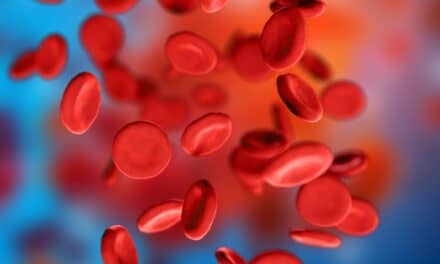Respiratory therapists can help improve the detection rate of people with Alpha-1 Antitrypsin Deficiency, a new study finds.
The Alpha-1 Foundation and the American Association for Respiratory Care (AARC) collaborated to create an online Alpha-1 training program for respiratory therapists (RTs). The year-long study aimed to determine the rate of RT enrollment in the training program, of detecting people with Alpha-1 referred for testing by RTs who took the online course , and the genotype distribution of referred people found to have Alpha-1.
The study, “Detection of Alpha-1 Antitrypsin Deficiency by Respiratory Therapists: Experience With an Educational Program,” was published in the May issue of Respiratory Care journal.
Authors hypothesized that trained RTs could promote Alpha-1 testing and in doing so, improve detection of those affected in the course of their routine practices.
They reasoned that because many patients with chronic obstructive pulmonary disease (COPD) see healthcare providers other than pulmonologists and RTs have been shown to effectively participate in diagnosing patients with Alpha-1, the RTs could help identify previously unrecognized patients with Alpha-1-related COPD. The also considered that RTs can be at the front line of care for patients in pulmonary laboratories, rehabilitation and post-acute settings, where they are in a position to see and recommend testing for at-risk patients.
Click here to view original web page at alpha-1foundation.org









